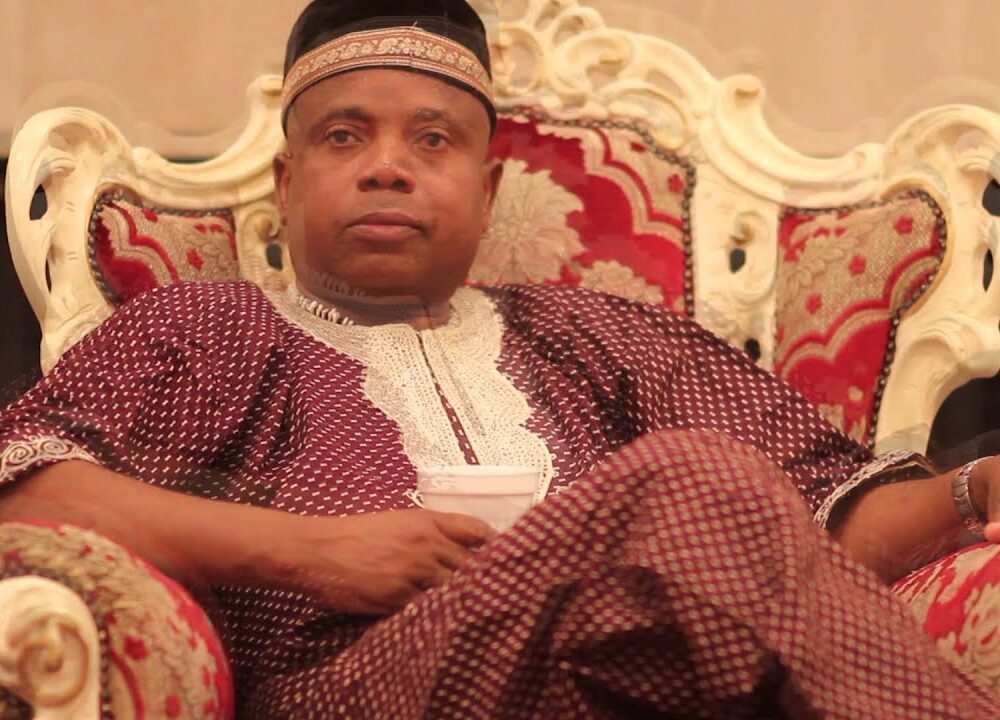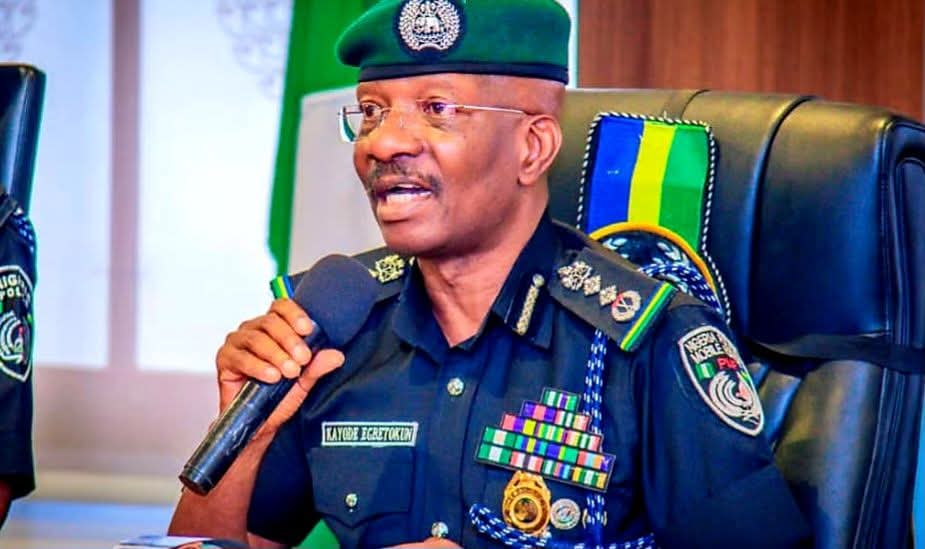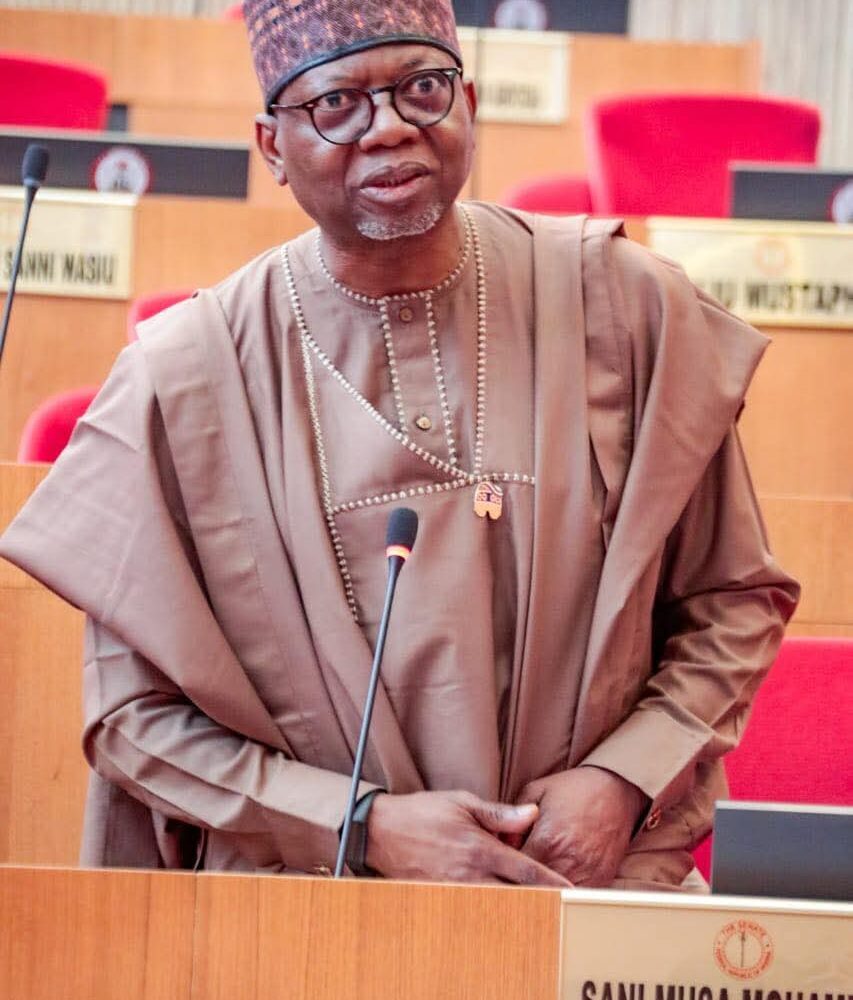Following the president’s remarks that he is surprised at the growing insecurity in the country, what Nigerians are asking is: What have the security agencies been telling him? Are they telling him the reality that all ordinary Nigerians know that no part of this country is safe today and the situation is worsening?
This is a critical week for Nigerians, as we all ask who the captain on the ship that is directing the struggle against the rising insecurity affecting our lives is. On Tuesday, while addressing a delegation from Niger State, President Buhari expressed surprise at the growing insecurity in the country. Most people I discussed the matter with were dumbfounded at what the president meant. He receives daily security reports and holds regular meetings with security chiefs, so he could not have meant that he is surprised there is rising insecurity in the country. There is no one who lives in Nigeria who is not aware of what is going on. He might be surprised at the firepower, audacity and resilience of the insurgents, militants and bandits causing so much insecurity but that has been on-going for at least a decade, so he cannot be surprised about these at this stage. He might be surprised at the fact that our security agencies have not succeeded in improving the security situation but if that were the case, he should have done something about the team in charge of our security.
On Wednesday, both the Senate and House of Representatives discussed the issue of growing insecurity in Nigeria and called for drastic actions to contain it. After extensive deliberations, the Senate called on President Muhammadu Buhari to declare a national security emergency in the country. This followed contemplations of a motion titled: “Nigerian Security Challenges: Urgent Need to Restructure, Review and Re-organise the Current Security Architecture,” sponsored by the Senate leader, Dr. Yahaya Abdullahi, and 105 others. They established a 17-person ad-hoc committee to interface with all the security agencies on the issue and report back in two weeks. In a very surprising move, the president of the Senate, Dr. Ahmad Lawan, enjoined his colleagues to pray so that the executive would implement the resolutions, since it is not compulsory for the presidency to heed the advice. Is he telling Nigerians something?
The same day, the House of Representatives passed a resolution calling on the service heads of the security agencies to resign and if they do not, the president should sack them. They drew attention to the facts that the chief of defence staff, General Abayomi Olonisakin; chief of army staff, Lt. General Tukur Buratai; chief of naval staff, Vice Admiral Etuk Ibas-Ette; and chief of air staff, Air Marshal Sadiq Abubakar, who were all appointed in July 2015, have overstayed their welcome and should be removed forthwith. It is important to recall that the leadership of both the Senate and the House of Representatives have all been very supportive of President Buhari and many Nigerians have dismissed them as his praise singers. For them to come out and openly tell the president that he has failed in conducting security matters in a way that would produce positive results is a big move and shows that they know we are in a quandary. The very fact that they have direct access to the president and could have advised him privately but chose to openly debate the matter and proffer their advice through the mass media strongly suggests they believe that private advice does not work with the president.
I am glad that thanks to the decision of the Senate and House of Representatives to hold a public debate and openly castigate the effectiveness of our security architecture and leadership, the president is finally learning that there are serious problems in the nation.
The service chiefs have overstayed their tenure by about three years. Their remaining in position has put massive pressure on upward mobility within the military high command. Nigerians have been complaining for years that the current leadership has reached its limits and new ones should be tried but the president has been steadfast in the support of his team. I believe it is for this reason that the parliament felt the need to add to the public pressure for change.
On the Wednesday session in Senate, the minority leader, Enyinnaya Abaribe, made an open call for the president to resign because he had failed to provide the security Nigerians need so desperately. The presidency, through presidential spokesperson Garba Shehu, had also immediately dismissed Senator Abaribe’s call as “foolish.” The reality however is that many Nigerians believe that the president is not doing enough on security. They are even more worried that he is not listening to advice from any source and appears to have total confidence in a team that Nigerians believe is not delivering.
Following the president’s remarks that he is surprised at the growing insecurity in the country, what Nigerians are asking is: What have the security agencies been telling him? Are they telling him the reality that all ordinary Nigerians know that no part of this country is safe today and the situation is worsening? About two-thirds of the states in the country have established individual security outfits to help stem the tide of insecurity in their areas. The six states in the South-West announced their plan to establish Amotekun to enhance the security of their region. At the local level, communities are organising their hunters and strong men to carry out security patrols to defend their homelands. Individuals are purchasing arms to defend their families from attacks by kidnapers and bandits. We live in strange times when Nigerians believe they have never been as unsafe as they are today, while the president sees no cause for alarm and is surprised at the panic expressed by citizens.
Had the president reached out to other sources, he would have realised that the Nigerian armed forces have been forced out of rural Borno, Yobe and Adamawa and have congregated in garrison towns, leaving most of the hinterland to the insurgents. He would have found out that the problem of rural banditry and kidnapping has spread to most states in the countryand that most roads are unsafe.
The biggest problem affecting governance in Nigerian is that the handlers of those who rule us always tell their principals that that their governance record is excellent and citizens are extremely happy with governance delivery, except for a few enemies who are making noise. When those in power are caged and told by their entourage on a daily basis that things are going on very well, they believe what they are told. Clearly, the president believes that security has been improving steadily since he came to power, hence his surprise at those who are saying security is deteriorating. For anyone in a position of power to improve governance, they need to develop access to multiple sources of information. They need to try very hard to have moments when they escape from their handlers and talk to others, ordinary folk, independent analysts and, yes, even the opposition elements and critics they have been told are enemies.
Had the president reached out to other sources, he would have realised that the Nigerian armed forces have been forced out of rural Borno, Yobe and Adamawa and have congregated in garrison towns, leaving most of the hinterland to the insurgents. He would have found out that the problem of rural banditry and kidnapping has spread to most states in the country and that most roads are unsafe. I am glad that thanks to the decision of the Senate and House of Representatives to hold a public debate and openly castigate the effectiveness of our security architecture and leadership, the president is finally learning that there are serious problems in the nation.
A professor of Political Science and development consultant/expert, Jibrin Ibrahim is a Senior Fellow of the Centre for Democracy and Development, and Chair of the Editorial Board of PREMIUM TIMES.





